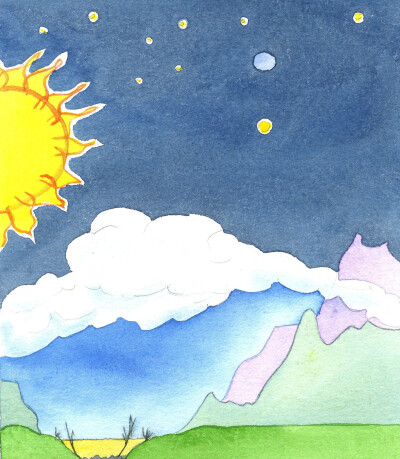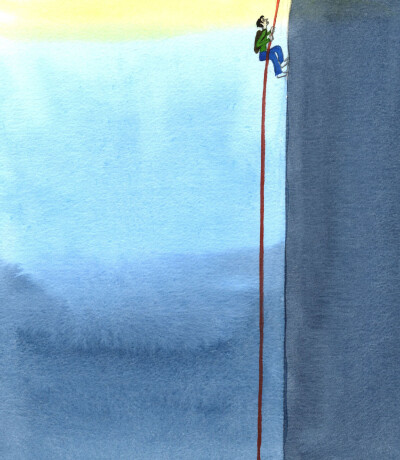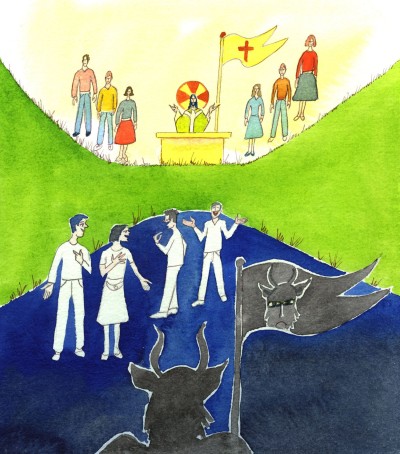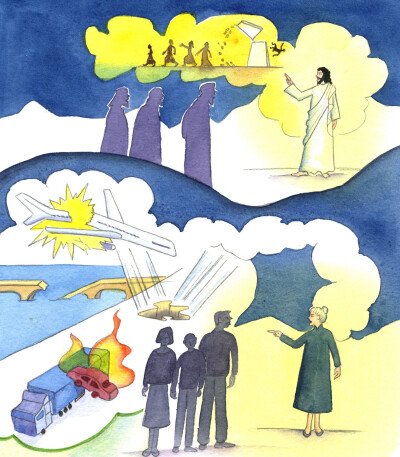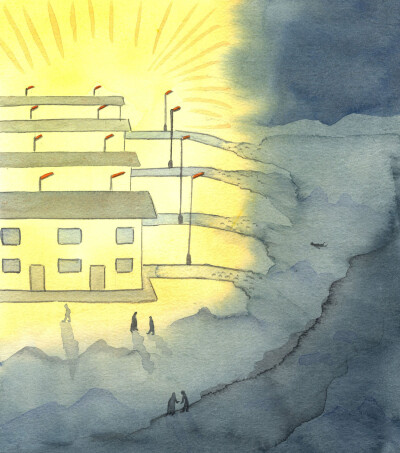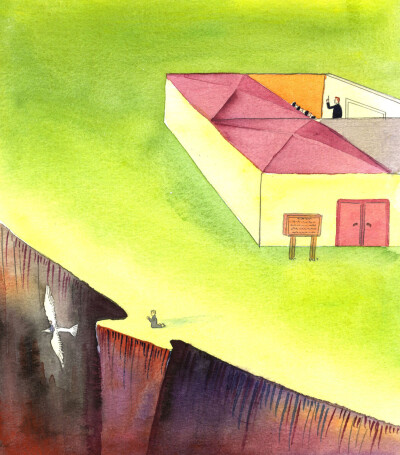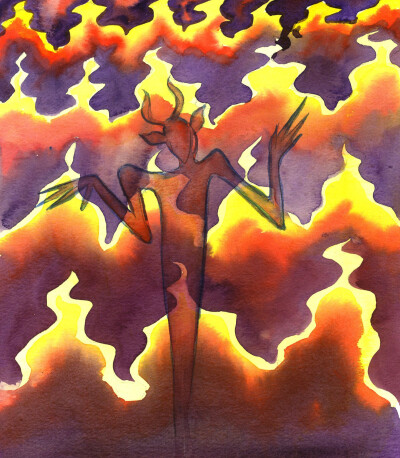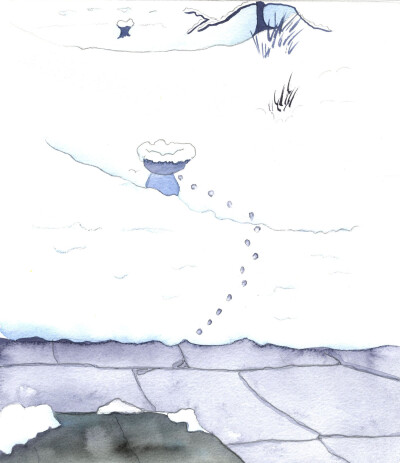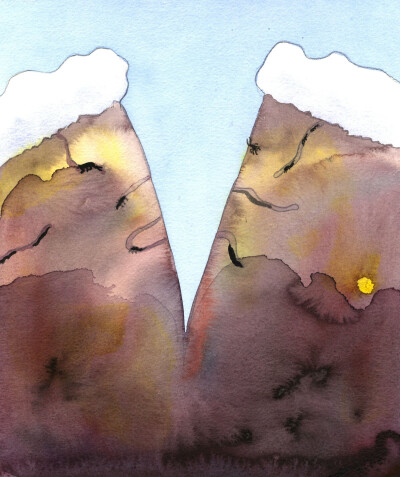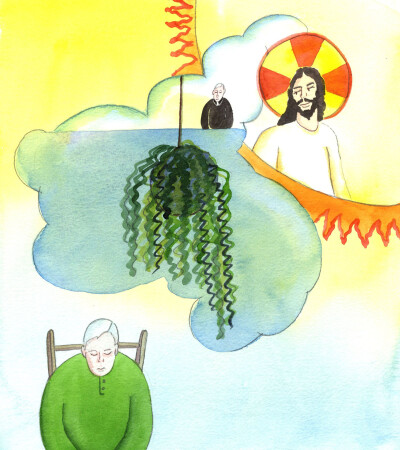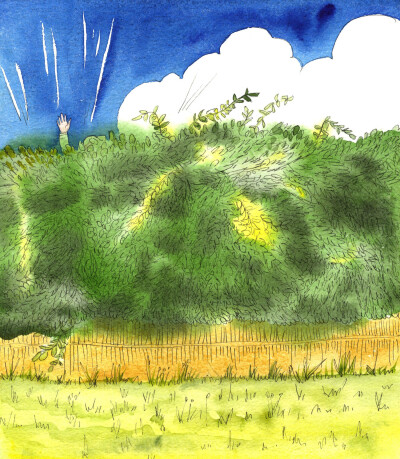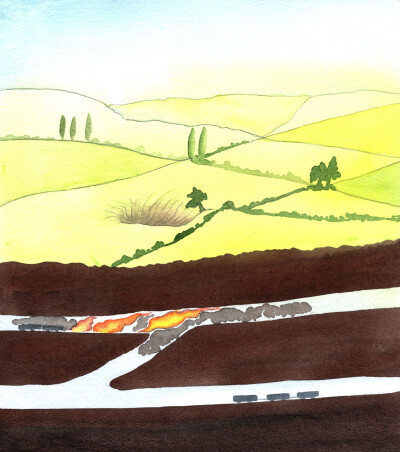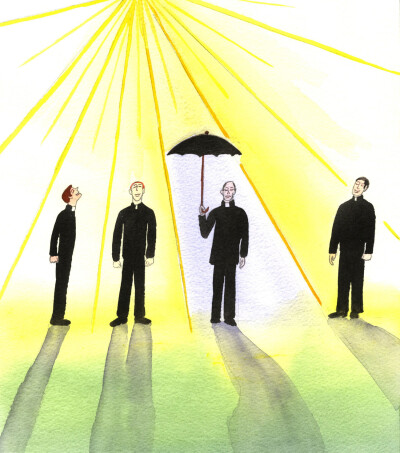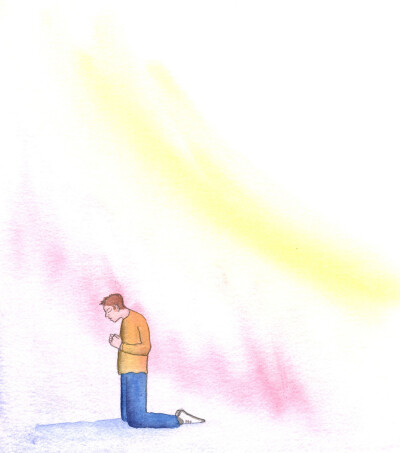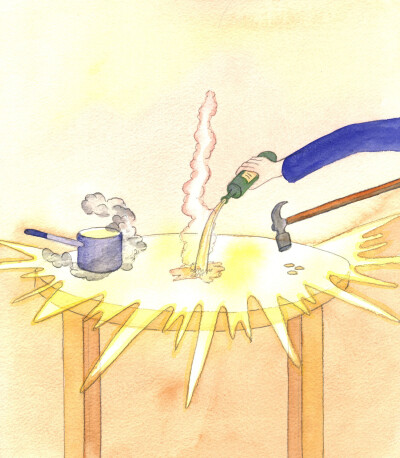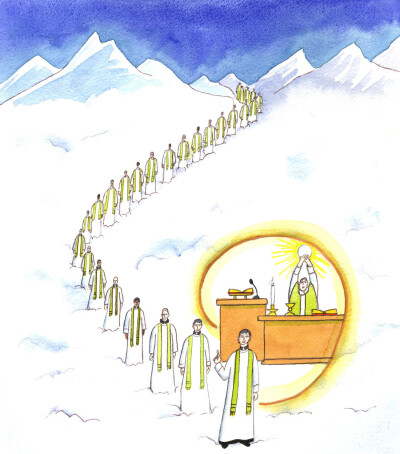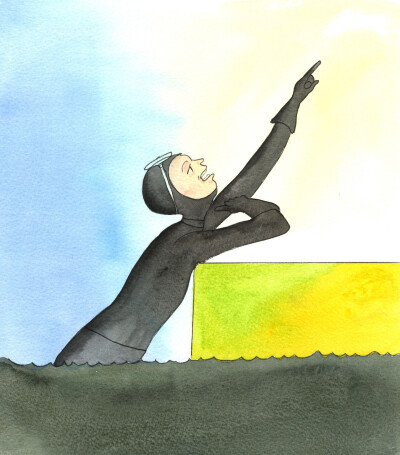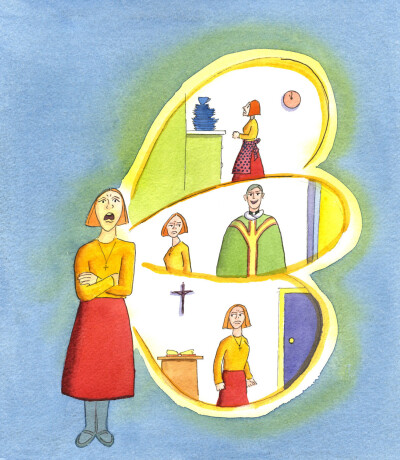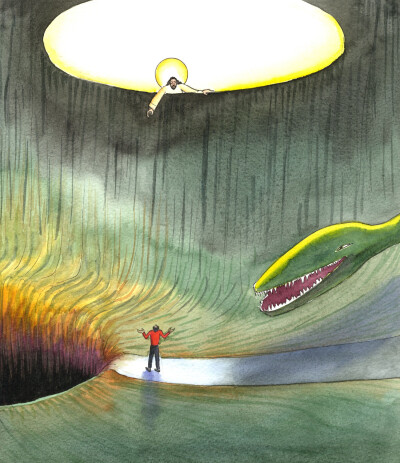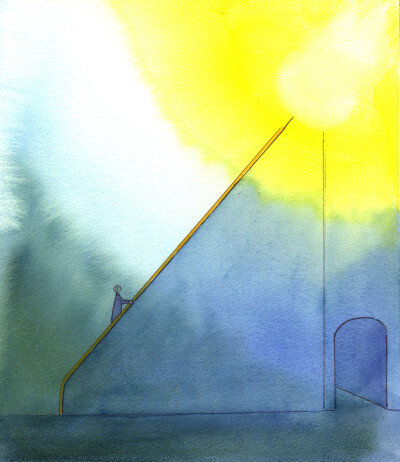Search Page
Showing 41 - 60 of 78
Just as a water-sprite, gazing at the surface of the river from below, has little idea of the magnificence of earthly life with its millions of life-forms and other marvels, or of the vastness and beauty of the planets and the stars in deep space, so we humans on earth have little comprehension of the marvellous, infinitely beautiful and admirable life of Heaven.
We are on a long climb, as if up a rope, on a cliff-face, in our efforts to reach Heaven in a state of holiness. We sometimes grow weary. We are in pain, or tempted to let go of the rope to enjoy some freedom from our daily routine of service. If we really let go - by deliberate mortal sin - we are doomed, except for a miracle. By faith and prayer, we can persevere to the top.
When some Catholic children receive more teaching on self-esteem than humility, this endangers their souls. There is so much outward show, in acts of charity, and little self-effacement. The sin of pride was Satan's great fault. To become proud is to place oneself under his banner, in the war between good and evil.
Christ spoke about sudden death, caused by the collapse of the tower at Siloam. He warned people to repent. In our day, catechesis and teachers are not wrong to say what He said, in appropriate ways. We might face sudden death. The question for each of us to ponder is: 'Am I ready to appear in God's presence, without a moment's notice?'
There is a town which, to tourists, has a surface of appearance of prosperity, at its well-lit, well-paved centre. But the streets soon peter out, and the lighting ends, and the pavements disappears, as the ground slopes down to a dark, rubbish-strewn area where only the thieves and other lawbreakers feel safe. This is like the soul of someone who is well-mannered and pleasant but who, whilst having a duty to teach the Faith, disbelieves much of it and leads others astray by public declarations of disbelief.
There is no need to show children pictures of the flames of Hell, or demons; but they do need to be told about the consequences of our lives: that, at death, each person goes towards Heaven or Hell, and that Hell is truly terrible. If these truths are left out, how can children learn the truth about God's justice, and mercy - or about free-will, by which we can choose what to do, but must face the consequences if we walk away from God, and His love, joy and peace?
It is astonishing, how careless we are, in the face of danger. What the Lord allows us to picture as the fires of Hell are only images; but they represent a terrible reality, which is that there is no greater torment than alienation from God, forever. Christ often warned us about Hell. He has done so, through His Church, for 2000 years; and so He wants us to see that if we deliberately walk towards those flames, by refusing to repent and to live in His love, we are foolish as well as disobedient. For people who die in their sins, Hell never ends.
A blanket of fresh, gleaming snow looks beautiful, but underneath are hidden the gloomy depths of the earth, with damp vegetation, and worms. Many souls are like this. Catholics who persuade themselves that they are not sinning, and who never go to confession, are good only on the surface, and ill-prepared for Heaven.
Some Catholics seem to lead pure, orderly, admirable lives - like a garden freshly-covered in a blanket of snow - but beneath the surface there is a great depth of filth, gloom and decay. The remedy for sin is Confession, and a renewal of God's grace within the soul.
It is dangerous to succumb to spiritual stagnation when a priest or other person goes on prolonged leave, or a lengthy sabbatical, but for far too long, with little relish for prayer, and becoming weighed down with discontent; then it is time for him to look carefully at his relationship to God. Just as a buoy, left under the surface of the sea, becomes encrusted with shellfish and festooned with seaweed, becoming almost unrecognisable, so there is a danger of losing interest in a vocation, or becoming graceless and hopeless, unless changes are made.
We, in the Church, have a duty to share the truth about God's love for us all, shown out in Jesus; but if we are afraid, we cannot expect people to take an interest in what we say. We must choose whether to remain 'hidden', as if behind a huge hedge, urging others in a general way: "I know the truth", or "Jesus is God-made-man" - or we can step out to meet people face to face and speak joyfully about having learned about the Way to Heaven.
A grave, unconquered sin, in the life of an apparently good and peaceful person is like a fire which burns uncontrolled in a mine beneath the surface. Even if the flames are not visible, the fire will weaken the ground above, to cause eventual subsidence and disaster - unless it is recognised and put out, by repentance and forgiveness.
Priests who find joy in the knowledge of God's love for them are like men who raise their faces to the sunshine to enjoy its warmth. Someone unhappy is as if holding an umbrella over his head, and shutting out the sun's rays. The umbrella represents any sin not yet confessed, or any injustice not yet put right, of which he was the cause. He needs to be at peace with God.
When someone has proclaimed that he has no need of God, or doesn't believe in Him, and so endangers his own salvation, that person is in need of our intercessions. Through our prayers, and the graces won by Christ for us, a sinful person can be brought to repentance, unexpectedly - and a complete conversion will bring him to his knees, even feeling unworthy, at first, to face the God of Love.
How carefully we should preserve the grace of God within us. Just as the brilliant surface of a polished table can be damaged, or ruined, by ill-treatment, through hot objects, or corrosive liquids, or savage blows, so the glory within the soul of a baptised person can be diminished or banished by the corrosive effect upon the soul of sin.
In every age, since the time of the Apostles, priests have faced opposition and persecution as they have gone about their work. It is important that they are faithful to preaching the truth - the Faith in its entirety - and faithful to the Mass. That is his task: to teach the faithful how to lead good lives and prepare for Heaven, and to feed the faithful with Jesus Christ's Sacred Body and Blood: to transform them.
If we are in need of purification in Purgatory, when we die, we should welcome it, because we would be unable to bear the sight of God's glory; so our purification can be seen as a sort of acclimatisation. When we are ready, we emerge, joyfully, longing to enter Heaven, just as a diver ends his slow acclimatisation by bursting joyfully though the surface of the water to be greeted by his friends.
We are wasting time if we spend time grumbling instead of offering thanks. If we grumble, we feed our discontent, perhaps about our everyday duties, about the decisions of the priest, or about the dryness of our prayer. How can we pray without ceasing, with thankful hearts, if we cannot accept the Will of God in our lives (though this does not mean that we should be silent in the face of evil)?
There is a horrible surprise in store for a person who has deserted Christ and the Church, and who arrives at the moment of death, then finds himself helpless between the Evil One who had been leading him astray, and the pit into which he might soon fall, to remain there forever. But Christ appears, with a merciful face, to ask: 'Is that really your wish: to go to Hell? If you reach up your arms to me, I will save you.' He must choose well, and reach up in humility, if he wishes to reach Heaven one day.
Nothing can happen to us except what God permits, in this life. Someone who trusts in Christ has no need to panic when illness arrives. There are problems to face, with unpleasant symptoms, procedures - and ways of sustaining the family. But if we are on our way to Heaven, anyway, we are wise if we not only consult doctors, and make day-to-day wise decisions, but also abandon ourselves to God's plans, allowing Him to carry us closer towards Heaven, as if on an escalator.
Showing 41 - 60 of 78

